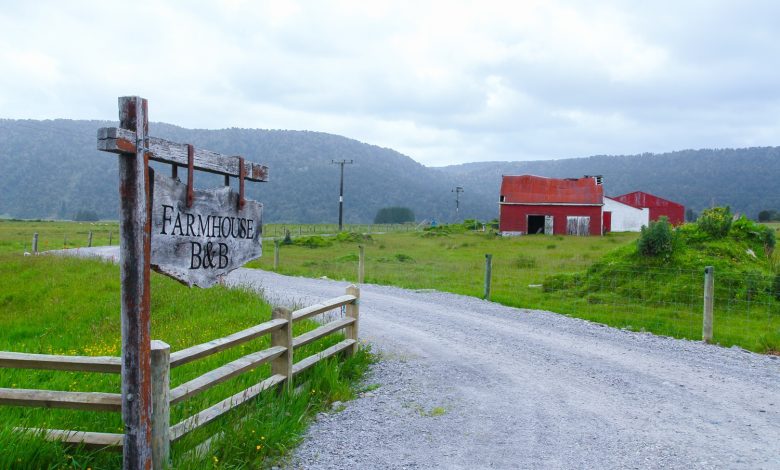
Complexities of new App Tax is confusing NZ’s hosted B&B sector
B&B Association says the App Tax will affect properties that market through platforms like Airbnb, Booking.com or Expedia
With just a few days until the ‘App Tax’ is introduced for online booking platforms, many small accommodation providers are confused about how to meet the complex new GST rules, according to the Bed & Breakfast Association New Zealand.
For the B&B sector, the App Tax will affect properties that market through platforms like Airbnb, Booking.com or Expedia.
“In our view, the rules have been made unnecessarily complex for hosted bed and breakfast operators,” Association President Ann-Marie Johnson says.
From April 1, 2024, online booking platforms will be required to collect and pay GST on accommodation bookings.
This will mean that a GST-registered B&B could have to manage a mix of GST approaches, with the online platform bookings being zero-rated for GST and bookings through other channels attracting the standard GST payable. This will make their GST calculations much more complicated, Ms Johnson says.
Some accommodation providers who prefer to keep managing their own GST returns can opt out from the new rule. But the App Tax regulations allow only large accommodation providers – who turn over more than $500,000 or deliver more than 2000 room nights in a year – to unilaterally opt out without needing the platform’s consent.
“The majority of B&Bs are SMEs that operate only three to five guest rooms and many close over winter. So while they earn enough to meet the $60,000 threshold for GST registration, they are nowhere near the level of turnover required to meet the opt out requirements. In our view, all GST-registered businesses should be permitted to opt out,” Ms Johnson says.
Adding to the confusion, each booking platform is taking a different approach to the App Tax. Expedia has said they will delist small operators who do not meet the opt out criteria. It appears that some platforms will add 15 percent to all bookings from April 1, to cover the GST requirement, while other platforms may deduct the GST from the current tariffs.
“For many B&B operators, the majority of their bookings come direct via the international travel trade. The booking platforms provide a small proportion of room nights but having to manage two or more different approaches to GST will be enormously complex and time-consuming,” Ms Johnson says.
“The Bed & Breakfast Association has strongly advised members to seek advice from their accounting professionals.”
Ms Johnson says the new App Tax is a first step towards creating a level playing field with Short-Term Rental Accommodation (STRA) providers, by ensuring they pay GST. But more regulation is required to make STRA providers meet quality and safety standards, as commercial accommodation providers do.
“Unlike (STRA) providers, B&B owners host visitors in their homes, often sharing their personal spaces with their guests as they host them around the breakfast table. We offer a genuine, Kiwi hospitality experience that is often the only opportunity for international guests to chat to a local,” Ms Johnson says.
The hosted B&B sector attracts the high value visitors that Aotearoa New Zealand seeks – travellers who are willing to pay premium prices to be able to interact with their hosts and learn more about our culture and way of life. They tend to travel slowly and get off the beaten track, staying in high-end homes in some of our most beautiful locations.
The Bed & Breakfast Association New Zealand represents and promotes home-hosted bed and breakfasts throughout the country – including homestays, farm stays, boutique, heritage and luxury accommodation. Go to https://bandbassociation.co.nz/ for more information.

AccomNews is not affiliated with any government agency, body or political party. We are an independently owned, family-operated magazine.




